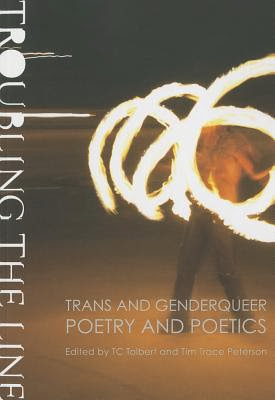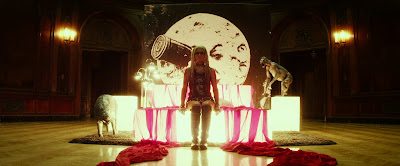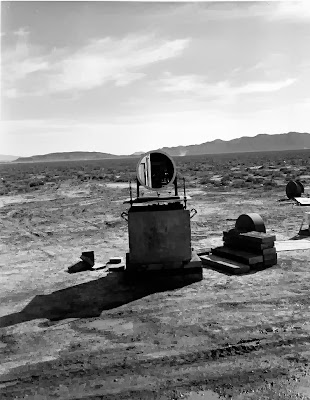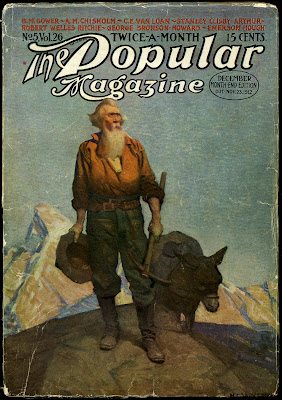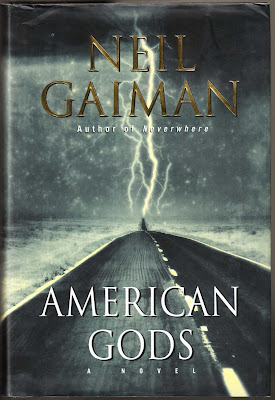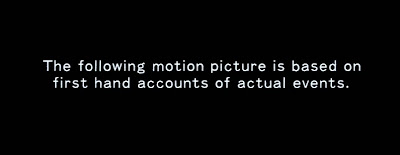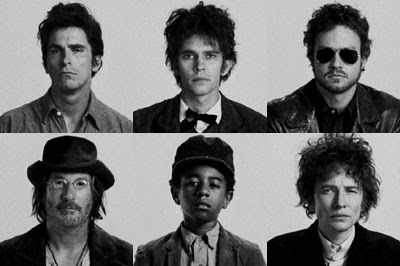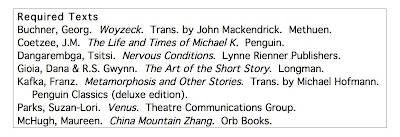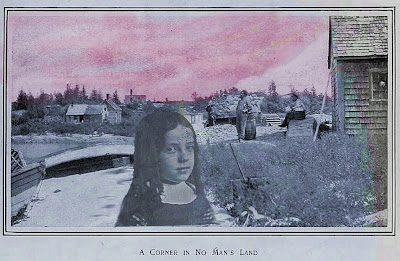Submergence by J.M. Ledgard
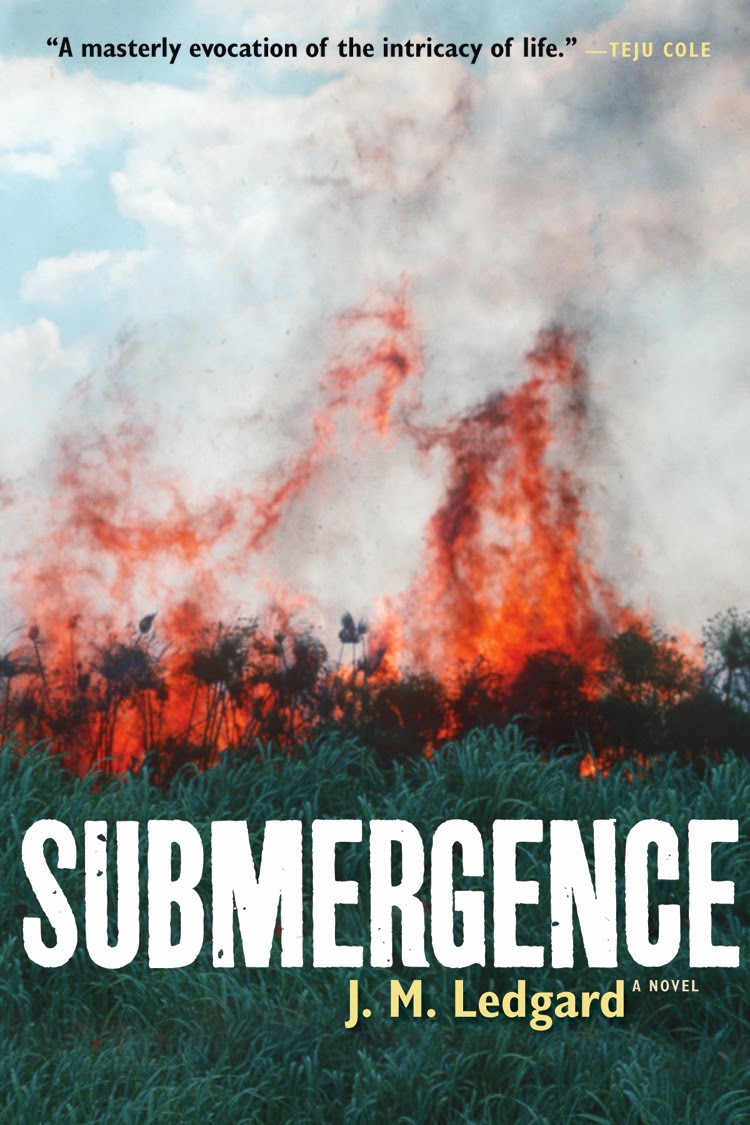
People ask, what kind of writer do you want to be. I say, I want to be like Brancusi . I want my writing to have that rigour, that beauty, and that ability to see the world in a new way. —J.M. Ledgard Coffee House Press is one of the very few publishers whose books I will buy simply because Coffee House published them (another, in case you're curious, is Small Beer Press . Apparently, I am partial to publishers with beverages in their names). At this year's AWP conference , I happened to pass the Coffee House booth, and I was curious to see what was new. On a table at the front of the booth, J.M. Ledgard's Submergence grabbed by eye: a novel partially about events in East Africa, with a cover blurb by Teju Cole , published by Coffee House ... how could I resist? I could not. Life caught up with me, though, and I didn't have time to read the book until this week. I begin by writing about where and why I bought the book because I'm trying to stay specific an...




